 The call for the next round of BA/Leverhulme Small Research Grants will open 10th April 2019 and close 5pm on Wednesday 5th June 2019 and is aimed at Early Career Researcher and/or pump priming purposes.
The call for the next round of BA/Leverhulme Small Research Grants will open 10th April 2019 and close 5pm on Wednesday 5th June 2019 and is aimed at Early Career Researcher and/or pump priming purposes.
It is strongly advised that you attend the British Academy small guidance session on 20th March 2019, where the Funding Development team will go through:
The British Academy scheme notes for applicants
The British Academy FAQs
The British Academy Assessment Criteria
As well as a chance to ask questions from recent British Academy award winners
After the session you will have the chance to sit with a Research Facilitator and Funding Development Officer, to go through costs and your draft proposal. As well as the opportunity to have your proposal reviewed by an external application reviewer.
If you can’t attend this session, then we ask you to submit your intention to bid form to your Funding Development Officer by 17th April 2019, after this date applications will be moved to the Autumn round.
The British Academy have provided updated guidance on the small grants – BA scheme notes for applicants and BA FAQs . They have asked that all applicants read the documentation carefully before starting their application.
Timeline
The call closes at 5pm on Wednesday 5th June 2019.
| 20th March 2019
|
RDS British Academy Guidance session
|
| 10th April 2019 | Call Opens – start reading guidance |
| 17th April 2019 | Intention to bid forms to be submitted to your faculty Funding
Development Officer. |
| 27th May 2019 | Nominated referee supporting statement to be completed via FlexiGrant |
| 28th May 2019 | Your final application must be submitted on FlexiGrant by this date at the latest. |
| 28th May -5th June 2019 | Institutional checks to take place by RDS |
Any queries please contact Alexandra Pekalski
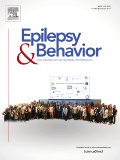

 Well done!
Well done!
 Join us for a varied programme of lectures and discussions highlighting some of the fantastic research taking place at Bournemouth University. Open to members of the public, students and staff along with invited members of the local
Join us for a varied programme of lectures and discussions highlighting some of the fantastic research taking place at Bournemouth University. Open to members of the public, students and staff along with invited members of the local 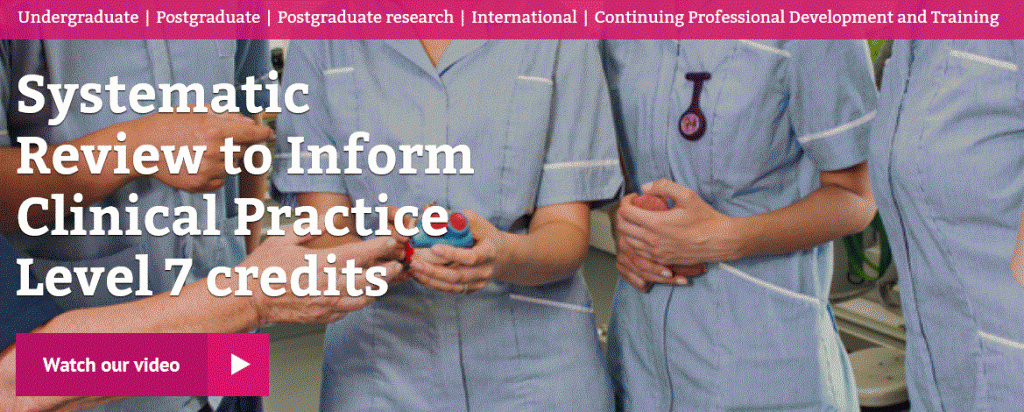
 Education is changing – but what does this look like in practice? What does the future of learning hold for students? At Bournemouth University we are responding to research that considers how teachers of the future will work with their classes.
Education is changing – but what does this look like in practice? What does the future of learning hold for students? At Bournemouth University we are responding to research that considers how teachers of the future will work with their classes.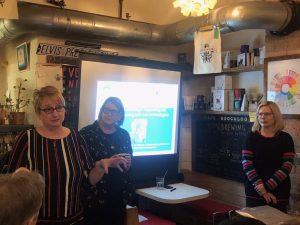
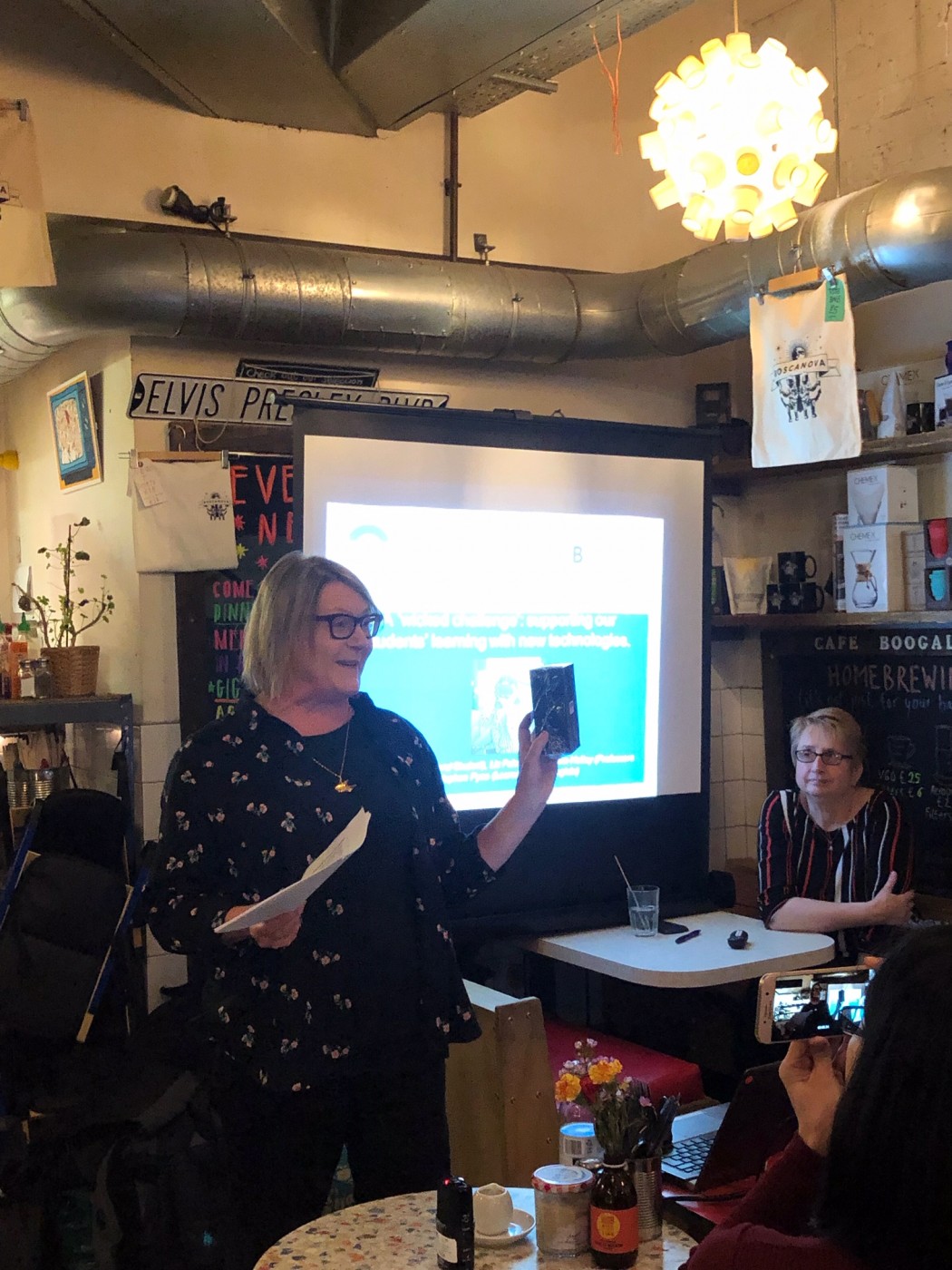
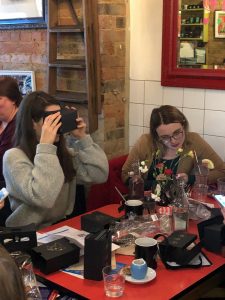

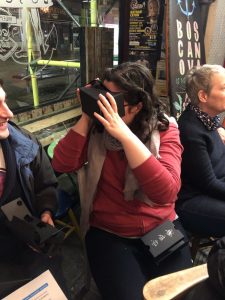
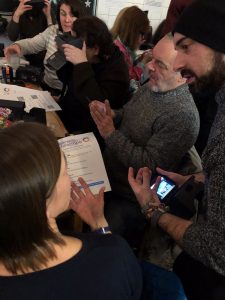
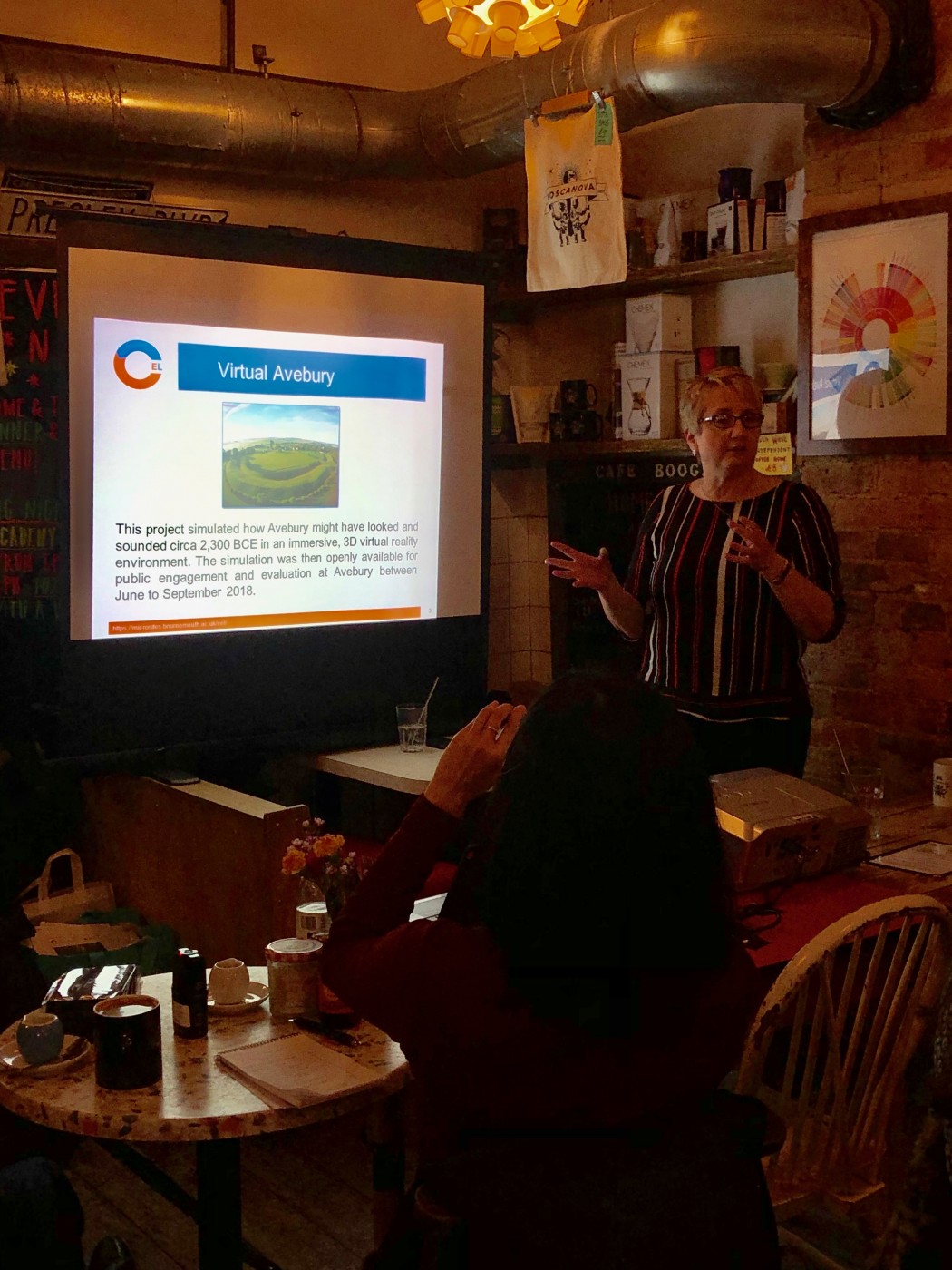 Not only did people enjoy visiting the VR Avebury, but for some it brought out an emotional reaction as they felt they had experienced some of what it would have been like to have visited the ancient site when it was still complete. One of the participants said; “I felt completely immersed in the landscape. It was really interesting to see the difference between the real stones outside and the simulation. The difference between the sizes of the banks and ditches was particularly striking!” Liz concluded with her favourite finding; that women over the age of 60 were the third most likely group to enjoy gaming (mostly on their mobile phones). It reminds us all not to pre-judge what we think people will find enjoyable and useful as a learning experience.
Not only did people enjoy visiting the VR Avebury, but for some it brought out an emotional reaction as they felt they had experienced some of what it would have been like to have visited the ancient site when it was still complete. One of the participants said; “I felt completely immersed in the landscape. It was really interesting to see the difference between the real stones outside and the simulation. The difference between the sizes of the banks and ditches was particularly striking!” Liz concluded with her favourite finding; that women over the age of 60 were the third most likely group to enjoy gaming (mostly on their mobile phones). It reminds us all not to pre-judge what we think people will find enjoyable and useful as a learning experience.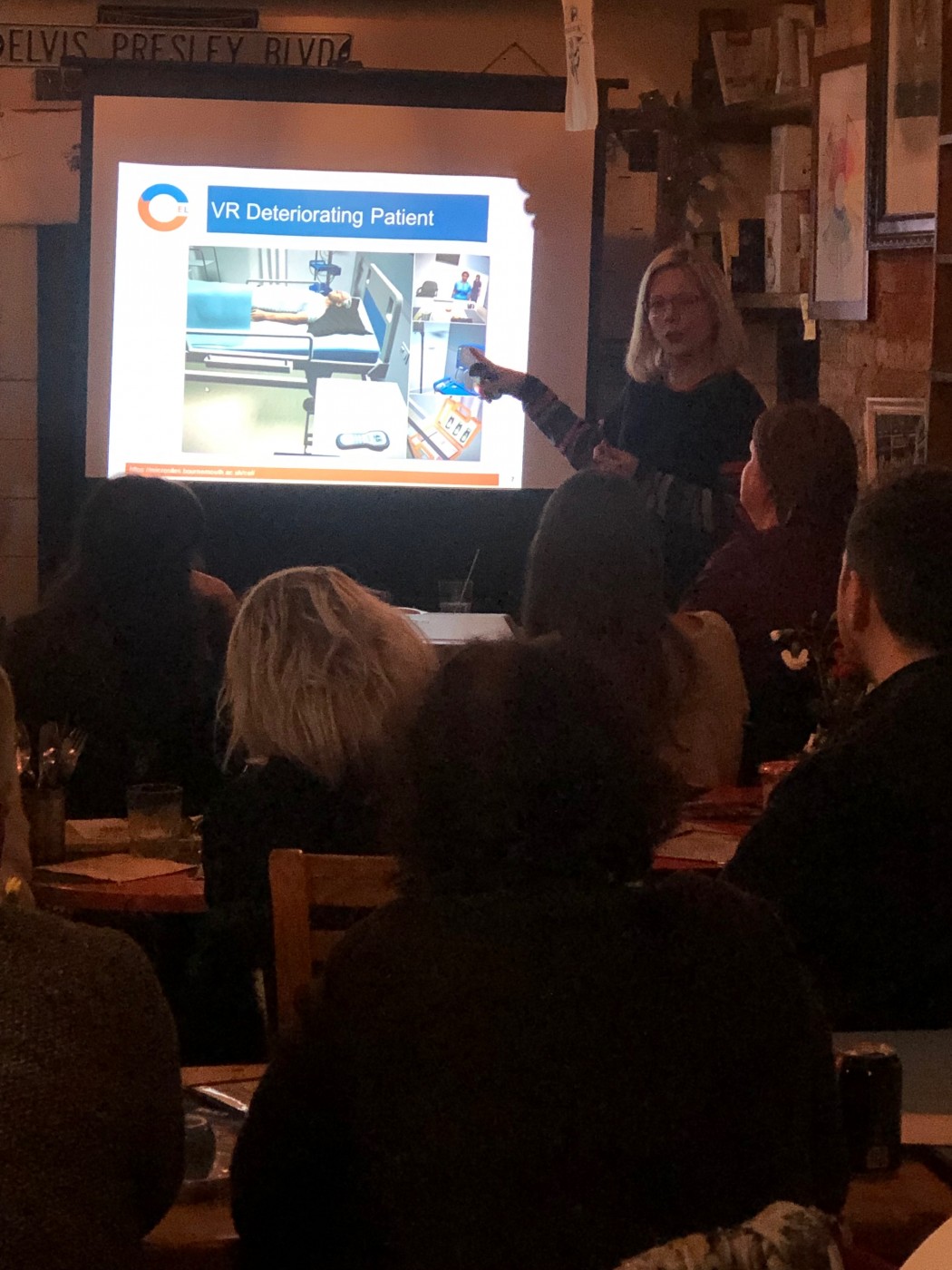
 If you’re interested in finding out more about VR, AR or 360 Video you can contact the
If you’re interested in finding out more about VR, AR or 360 Video you can contact the 















 Beyond Academia: Exploring Career Options for Early Career Researchers – Online Workshop
Beyond Academia: Exploring Career Options for Early Career Researchers – Online Workshop UKCGE Recognised Research Supervision Programme: Deadline Approaching
UKCGE Recognised Research Supervision Programme: Deadline Approaching SPROUT: From Sustainable Research to Sustainable Research Lives
SPROUT: From Sustainable Research to Sustainable Research Lives BRIAN upgrade and new look
BRIAN upgrade and new look Seeing the fruits of your labour in Bangladesh
Seeing the fruits of your labour in Bangladesh ECR Funding Open Call: Research Culture & Community Grant – Apply now
ECR Funding Open Call: Research Culture & Community Grant – Apply now ECR Funding Open Call: Research Culture & Community Grant – Application Deadline Friday 12 December
ECR Funding Open Call: Research Culture & Community Grant – Application Deadline Friday 12 December MSCA Postdoctoral Fellowships 2025 Call
MSCA Postdoctoral Fellowships 2025 Call ERC Advanced Grant 2025 Webinar
ERC Advanced Grant 2025 Webinar Update on UKRO services
Update on UKRO services European research project exploring use of ‘virtual twins’ to better manage metabolic associated fatty liver disease
European research project exploring use of ‘virtual twins’ to better manage metabolic associated fatty liver disease